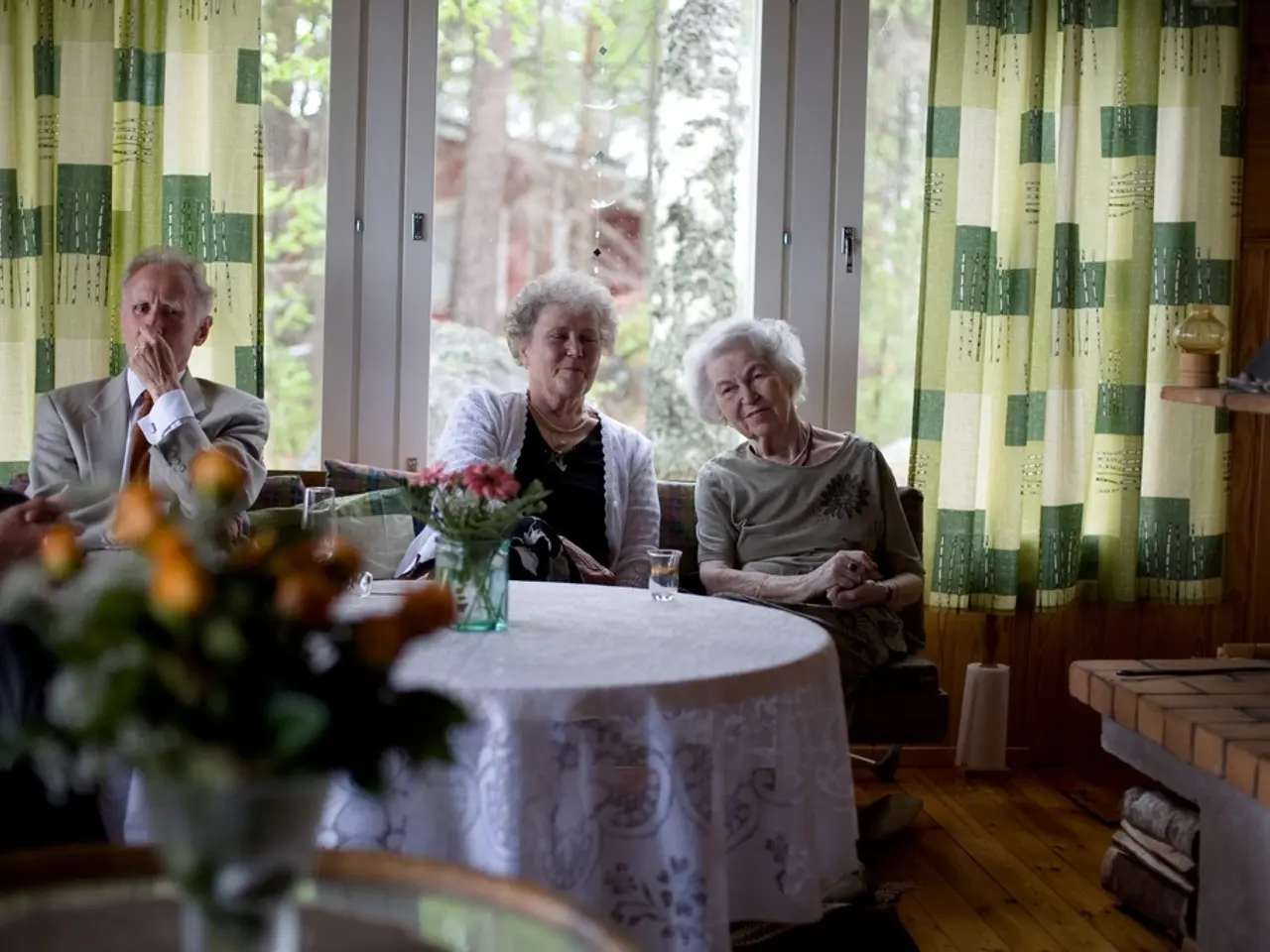India's Elderly Population Boom Drives Innovations in Care
India's elderly population is growing, with over 60 million people expected to reach 350 million by 2050. This demographic shift has sparked discussions about elder care, with innovations and policies emerging to address the needs of the elderly. Anaya Ellick, a 17-year-old Indian, has gained international recognition for her work in this field, featuring on the cover of Time magazine.
Ellick's innovation focuses on protecting seniors from digital and cyber fraud, a pressing issue as retirement homes gain popularity in India. These homes, often managed by realtors, offer residential accommodation, social interaction, medical facilities, and security, attracting many elderly seeking a comfortable and safe living environment. However, the availability and affordability of such homes remain a concern, with the Maharashtra government taking steps to reduce stamp duty on properties for senior living.
In response to these challenges, Kerala has drafted a policy for elder care that proposes strengthening community care systems, accessible healthcare, and financial assistance for eligible elders. Nationally, NGOs and the 2007 Maintenance and Welfare of Parents and Senior Citizens Act work together to protect and care for the elderly. Despite these efforts, cases of elder abuse and abandonment are on the rise, highlighting the need for further action.
Technological advancements are supplementing human care, with robotic and AI solutions predicting falls, reminding pill intake, and providing mobility assistance. The global elder care products and services industry is expected to reach $1,400 billion by 2030, reflecting the growing demand for these innovations. Meanwhile, many elderly prefer home care solutions, driving demand for specialised geriatric care and affordable insurance.
As India's elderly population continues to grow, so too does the need for comprehensive and affordable care. Innovations like Ellick's, along with policies and technological advancements, are crucial in addressing the unique challenges faced by the elderly. Multi-generational living communities are also emerging as a popular solution, benefiting residents across ages. With the global elder care industry projected to grow significantly, India must continue to invest in and develop its elder care infrastructure to meet the needs of its ageing population.






